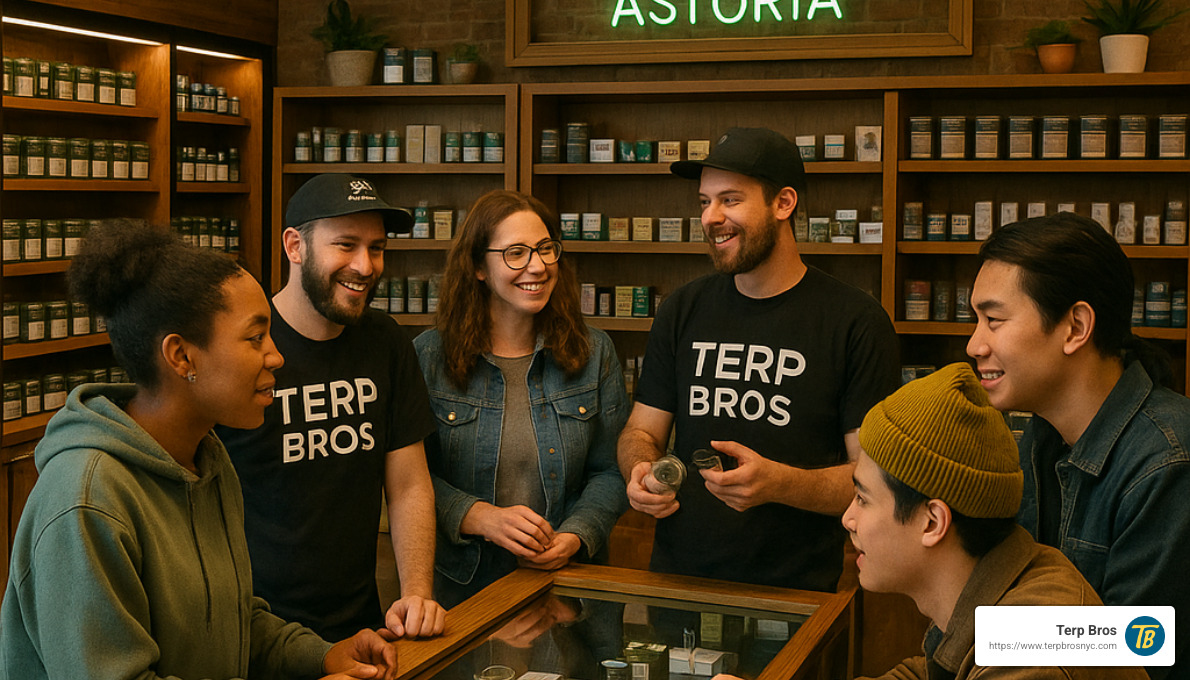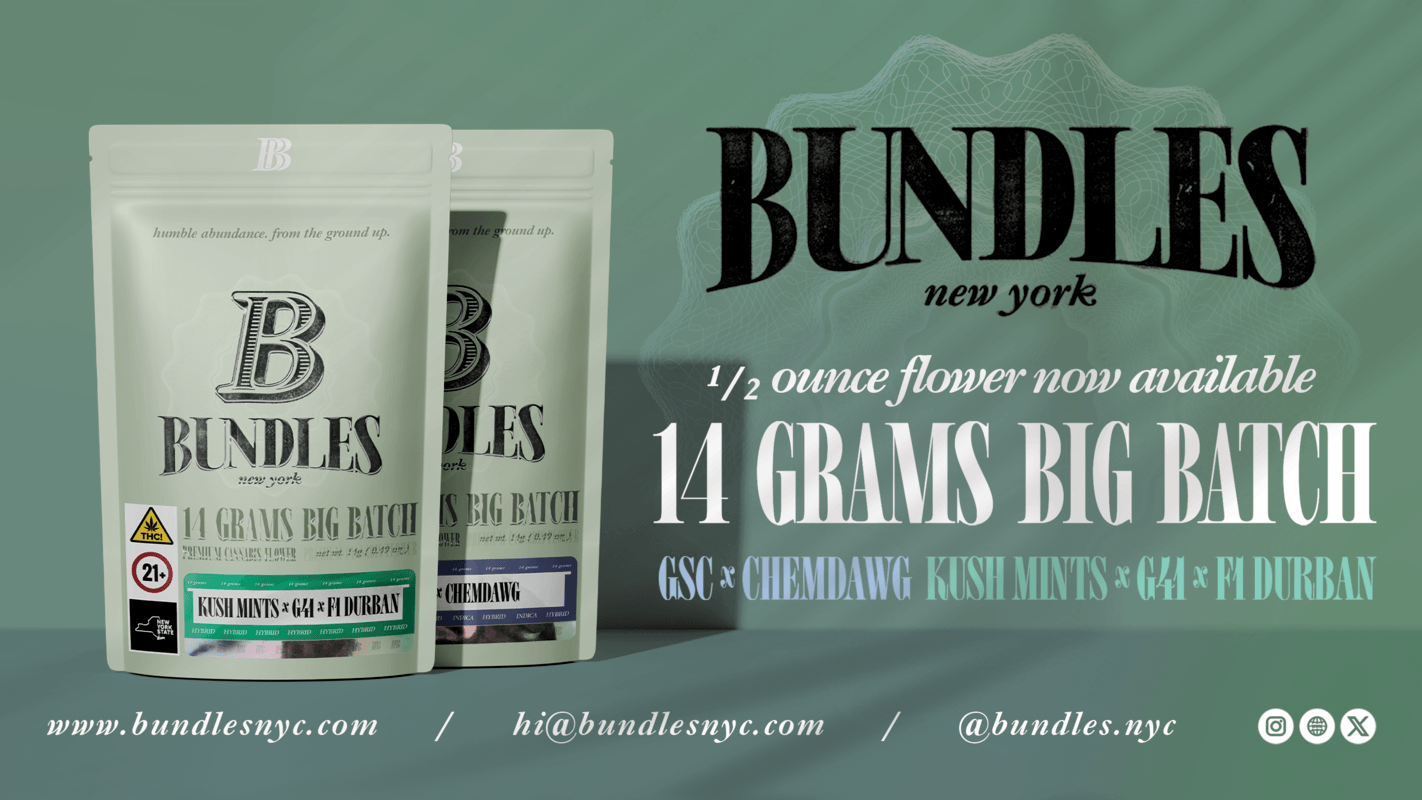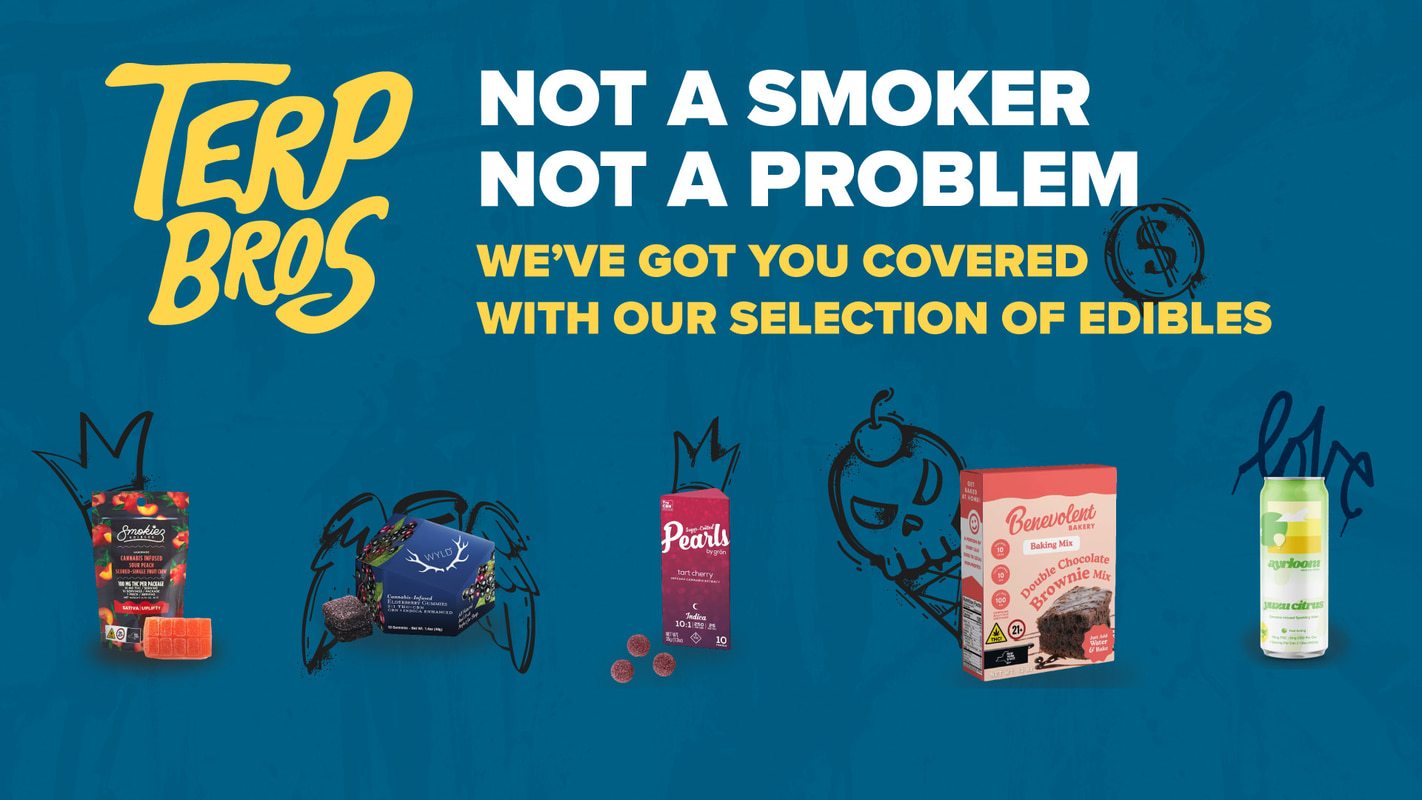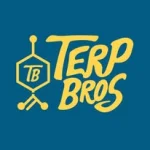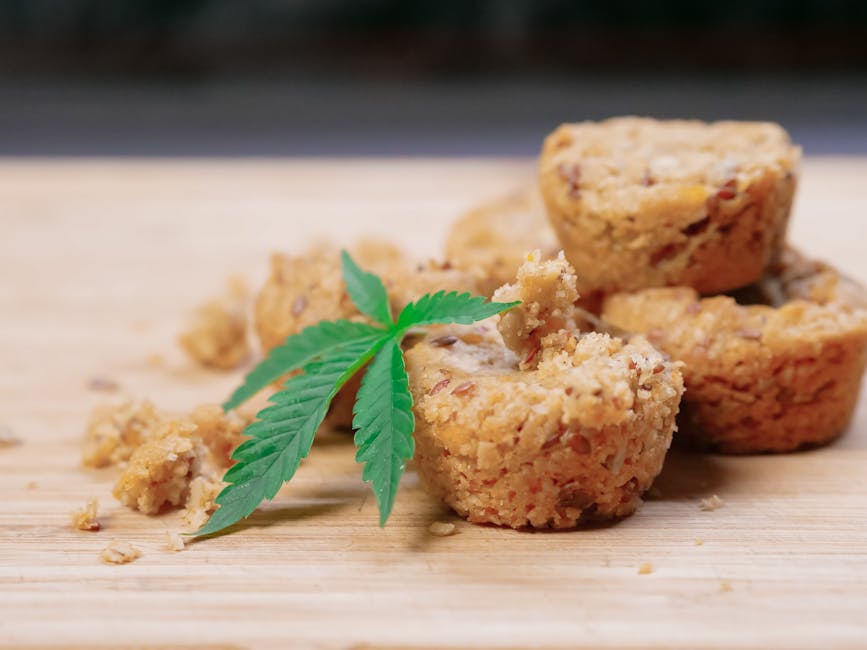
Are Edibles Illegal? 5 Shocking Facts in 2025
Navigating the Legal Landscape of Cannabis Edibles
Are edibles illegal? It depends on where you live. Here’s a quick breakdown of edibles legality in the United States:
| Legal Status | States | Key Points |
|---|---|---|
| Fully Legal (Recreational) | 23 states + DC | Legal for adults 21+ with specific THC limits |
| Mixed (Medical Only) | 21 states | Legal only with medical card, specific conditions |
| Fully Illegal | 6 states | All THC products prohibited (ID, KS, NE, NC, SC, WY) |
Cannabis edibles exist in a complex legal landscape that varies dramatically across the United States. While some states have fully acceptd recreational cannabis, others maintain strict prohibitions with serious legal consequences. This patchwork of regulations creates confusion for consumers trying to understand whether they can legally purchase and consume these products.
The federal government still classifies cannabis as a Schedule I controlled substance, meaning that technically, edibles are illegal under federal law regardless of state regulations. However, enforcement priorities have shifted, with most federal agencies deferring to state laws when it comes to personal possession and consumption within state lines.
I’m Jeremy Rivera, owner of Terp Bros dispensary in Astoria, and my journey through the cannabis industry has given me experience navigating the evolving legal landscape of whether are edibles illegal in various jurisdictions. After overcoming multiple cannabis-related convictions in my past, I now help customers legally and safely access cannabis products in New York’s regulated market.
Understanding Federal Laws on Edibles
When it comes to the question “are edibles illegal?” at the federal level, the answer isn’t as straightforward as you might hope. Despite the growing acceptance of cannabis products across many states, Uncle Sam still has some pretty firm opinions on the matter.
The Controlled Substances Act (CSA) of 1970 remains the foundation of federal drug policy. Under this law, cannabis sits in Schedule I classification alongside substances like heroin and LSD. This classification essentially states that the federal government considers cannabis to have high abuse potential, no accepted medical use, and a lack of safety even under medical supervision.
So technically speaking, are edibles illegal under federal law? Yes – all cannabis products containing more than 0.3% THC remain federally prohibited, regardless of what your state says.
But here’s where things get interesting. The 2018 Farm Bill created a game-changing distinction between marijuana and hemp. The bill defined hemp as cannabis plants containing less than 0.3% THC by dry weight, effectively creating a legal pathway for hemp-derived products.
“The 2018 Farm Bill removed hemp from the definition of marijuana in the Controlled Substances Act,” explains Dr. Jonathan Caulkins, a drug policy researcher. “But the distinction between legal hemp products and illegal marijuana products hinges on that 0.3% THC threshold, which can create confusion for consumers and enforcement challenges for regulators.”
This tiny percentage makes a world of difference in the eyes of federal law:
Hemp-derived edibles (under 0.3% THC): Federally legal
Marijuana-derived edibles (over 0.3% THC): Federally illegal
In practice, though, the Department of Justice has largely taken a hands-off approach to state-legal cannabis businesses and consumers. They’ve generally focused enforcement resources on preventing distribution to minors and blocking revenue from flowing to criminal enterprises, allowing state markets to develop despite the technical federal prohibition.
There’s potential change on the horizon, too. As of 2025, there’s ongoing discussion about potentially moving cannabis from Schedule I to Schedule III, which would acknowledge its medical applications and reduce some federal restrictions. However, this rescheduling hasn’t been finalized yet.
For the most current understanding of federal cannabis laws, the Congressional Research Service provides detailed analysis that breaks down the complexities of national cannabis policy.
The bottom line? While are edibles illegal at the federal level if they contain significant THC, enforcement priorities have shifted dramatically in recent years. Still, it’s this federal prohibition that creates the patchwork of state laws we’ll explore next.
The Patchwork of State Laws Regarding Edibles
Imagine trying to steer a maze where the rules change every few miles – that’s what understanding cannabis edibles laws across America feels like! As someone who works with customers daily at Terp Bros, I see how confusing these varying regulations can be.
As of 2025, the cannabis landscape resembles a colorful quilt rather than a unified blanket:
- 24 states plus Washington D.C. have acceptd recreational cannabis
- 39 states permit medical cannabis in some form
- 6 states still maintain complete prohibition on all cannabis products
Even in states where cannabis is legal, edibles often face stricter regulations than other products. This makes sense when you think about it – edibles can look like regular candy or baked goods, raising concerns about accidental consumption (especially by kids) and the delayed onset that sometimes leads to overconsumption.
When you walk into a dispensary in a recreational state, you’ll notice those regulations at work. Most states cap THC content (typically 5-10mg per serving with packages maxing out at 100mg total), require childproof packaging that would challenge even some adults, and mandate clear labeling with warning statements that rival those on cigarette packs.
The creativity of edibles manufacturers gets seriously curtailed too. Colorado, for instance, forbids making edibles in shapes that might appeal to children – so no cannabis gummy bears or chocolate animals. Massachusetts keeps things even tighter, capping each serving at 5mg of THC with a maximum of 20 servings per package.
For medical patients, the rules often differ. Many medical-only states allow higher potency products, recognizing that patients with severe conditions may need stronger medicine. But these come with their own problems – doctor recommendations, state registrations, and sometimes limits on qualifying conditions.
You can check the specific regulations in your state through organizations like NORML, which maintains comprehensive, up-to-date information on state cannabis laws.
Are Edibles Illegal in Some States?
“But are edibles illegal in some places?” This is probably the most common question I hear from customers who travel. The short answer: absolutely.
Six states still maintain complete prohibition on all THC products: Idaho, Kansas, Nebraska, North Carolina, South Carolina, and Wyoming. In these states, possessing even a single cannabis gummy could land you in serious legal trouble.
The consequences can be shockingly severe. In Idaho, for instance, having less than 3 ounces of cannabis is a misdemeanor that could cost you a year of your life behind bars plus a $1,000 fine. And that’s for a relatively small amount!
Perhaps most alarming is the situation in states like Texas, where the punishment doesn’t seem to fit the “crime.” Possessing just one gram of THC edibles can be charged as a third-degree felony. Have between four and 400 grams? That’s a second-degree felony carrying 2-20 years in prison.
Why so harsh? It comes down to classification. Texas law treats edibles as “controlled substance penalty group 2” because they’re considered concentrates, regardless of their actual THC content. So while having cannabis flower might result in a misdemeanor, that same amount of THC in brownie form could mean felony charges.
As one Texas defense attorney bluntly explained to me, “Cops have no way of knowing, and quite frankly may not care, if a THC edible is legal or not. If they have probable cause to believe it’s over a certain weight, they might charge you anyway.”
This stark difference in legal consequences highlights why understanding local laws isn’t just helpful—it’s essential. The stakes are simply too high to assume what’s legal in one state will be treated similarly in another.
At Terp Bros in Astoria, we’re grateful to operate in New York’s regulated market where we can help customers access these products safely and legally. But we always remind our traveling customers to leave their purchases at home when crossing state lines.
Are Edibles Illegal in New York?
If you’re wondering “are edibles illegal” here in New York, I’ve got good news for you – they’re perfectly legal for adults 21 and over, but there’s one important catch: you need to purchase them from licensed dispensaries like us at Terp Bros.
Back in March 2021, New York took the big step of legalizing recreational cannabis through the Marijuana Regulation and Taxation Act (MRTA). This wasn’t just a simple “yes, it’s legal now” kind of law. The MRTA created a thoughtful framework that covers everything from how cannabis is grown to how it ends up in your hands as delicious edibles.
The Office of Cannabis Management (OCM) is the group keeping an eye on everything. Think of them as the quality control team making sure what you’re consuming is safe and properly regulated. When you buy edibles from a licensed shop like Terp Bros, you’re getting products that follow strict rules:
Each serving can have no more than 10mg of THC (with packages maxing out at 100mg total), the packaging is designed to keep curious kids out, and everything is clearly labeled so you know exactly what you’re getting. Those universal cannabis symbols you see on packaging? They’re there to help you identify legitimate products at a glance.
As Dr. Traci Toomey, a public health researcher, points out: “New York has implemented one of the most comprehensive regulatory frameworks for cannabis in the country. The focus on clear labeling, reasonable potency limits, and child-resistant packaging helps mitigate many of the public health concerns associated with edibles.”
For more detailed information about cannabis regulations in New York City specifically, the Cannabis (Marijuana) – NYC Health page is an excellent resource.
What Does This Mean for Consumers?
So if someone asks you “are edibles illegal” in New York, the answer depends on where they came from. Edibles from licensed dispensaries? Completely legal. Those from your friend’s homemade batch or an unlicensed bodega? Still illegal – and potentially risky.
Unlicensed products are problematic for several reasons. The THC content might be wildly different from what’s claimed on the package (if it’s labeled at all). They might contain harmful contaminants since they haven’t been tested for pesticides, heavy metals, or microbial contamination. And the production conditions? Let’s just say they probably don’t meet the strict standards required for licensed manufacturers.
At Terp Bros, we take pride in our selection of legal, lab-tested edibles that meet all state requirements. Whether you’re in the mood for gummies, chocolates, baked goods, or cannabis-infused beverages, we’ve got options with clearly labeled potency information so you can choose exactly the experience you want.
For our neighbors in Astoria, Woodside, Jackson Heights, and throughout our Queens delivery area, we’re here to provide safe, legal access to cannabis edibles. Not sure what might work best for you? Our knowledgeable staff can help guide you through the options based on your preferences and experience level.
Want to see what legal, compliant edibles look like? Check out our selection of Edibles at Terp Bros and experience the peace of mind that comes with shopping at a licensed dispensary.
Legal Risks and Considerations with Edibles
Even in states where cannabis has been legalized, there’s a maze of regulations that can trip up even the most careful consumer. I’ve seen plenty of confused faces at our Terp Bros counter when I explain some of these nuances.
Possession limits are a big one to watch for. Each state sets its own limits, and going over these amounts can land you in hot water faster than you might think. Take Colorado, for instance – adults can legally have up to 2 ounces of cannabis, but one ounce more and you’re potentially facing misdemeanor charges. In New York, adults can possess up to 3 ounces of cannabis or 24 grams of concentrated cannabis like edibles, but exceeding these limits could result in legal complications.
Driving after consuming edibles? Please don’t. It’s illegal everywhere, and edibles present a unique risk because of their delayed onset and potentially stronger effects. Unlike alcohol, where breathalyzers can give a clear reading, there’s no widely accepted standard for cannabis impairment. THC can hang around in your system long after you’ve stopped feeling the effects, which creates a gray area that’s best avoided entirely.
One thing many people don’t realize is the seriousness of crossing state lines with cannabis products. I can’t stress this enough – this is a federal offense. Even if you’re traveling between two states where cannabis is completely legal, the moment you cross that state line, you’ve technically committed federal drug trafficking.
“Even if you purchased your edibles legally in New York, the moment you cross into a state where they’re illegal, you’re subject to that state’s laws,” explains Robert Pearce, a cannabis law expert. “And if you cross state lines with cannabis, you could potentially face federal charges, regardless of the legal status in either state.”
This is particularly relevant for our New York customers who might be planning trips to neighboring states. Those delicious gummies you bought legally at Terp Bros should stay in New York, period.
How Do Labeling Inaccuracies Impact Legality and Safety?
Have you ever wondered if the 10mg gummy you’re about to eat actually contains 10mg of THC? You’re right to question it. The issue of mislabeling raises valid concerns about whether some products are edibles illegal due to inaccurate potency claims.
The research on this is pretty eye-opening. A study in Texas found that only about 10% of tested THC edibles came close to the potency levels marked on their packaging. Some had way more THC than advertised, while others had significantly less. This isn’t just annoying – it creates real problems.
First, there’s the legal risk. If a product contains more THC than what’s legally allowed in your state, you could be unknowingly breaking possession laws. Second, consuming more THC than you intended can turn what should be a pleasant experience into an uncomfortable or even frightening one. And for medical patients who rely on consistent dosing? This inconsistency can completely undermine their treatment.
“The variability in THC content is concerning from both a legal and public health perspective,” notes DB Poli, a cannabis researcher. “Consumers have a right to know exactly what they’re putting in their bodies, especially when it comes to psychoactive substances.”
This problem is most common in states with weak regulatory frameworks or in the unregulated market. States with robust testing requirements tend to have much more accurate labeling, which is why buying from licensed dispensaries is so important.
At Terp Bros, we’re serious about this issue. We partner only with manufacturers who conduct thorough testing and provide certificates of analysis for their products. When you buy edibles from us, you can trust that what’s on the label matches what’s in the package. This isn’t just about compliance – it’s about ensuring you can make informed decisions about your cannabis consumption.
Child safety is another critical concern with edibles. Their often appealing appearance – whether as gummies, chocolates, or baked goods – can make them tempting to children who don’t understand what they are. This is why New York and other states have strict regulations about childproof packaging and prohibit edibles designed to appeal to kids. At home, treating edibles like any other medication and keeping them locked away from children is absolutely essential.
The bottom line? Legal doesn’t mean consequence-free. Understanding the regulations, consuming responsibly, and purchasing from licensed dispensaries like Terp Bros are your best safeguards against unintended legal complications.
The Cultural Shift and Historical Context of Edibles
The story of cannabis edibles in America isn’t just about laws and regulations—it’s about a remarkable change in how we view this plant as a society. When you look at the numbers, the shift is stunning: back in 1969, only 12% of Americans supported legalizing cannabis. Today, that number has soared past 70%, according to Gallup polls.
This dramatic change didn’t happen overnight. It’s been driven by a perfect storm of realizations: the genuine medical benefits that cannabis offers, growing awareness about how unfairly cannabis laws have been enforced across racial lines, and the simple fact that prohibition hasn’t worked to reduce cannabis use. Add to that the successful rollout of regulated markets in early-adopting states and the economic windfall of tax revenue and new jobs, and you can see why minds have changed.
When we look at why cannabis was prohibited in the first place, the story gets uncomfortable. The truth is, science about harm wasn’t driving these decisions—racial and political factors were. Even the term “marijuana” has a loaded history, deliberately popularized in the early 1900s to connect the plant with Mexican immigrants during a time of intense xenophobia.
Harry Anslinger, who headed up the Federal Bureau of Narcotics, didn’t hide his racist motivations when campaigning against cannabis. His infamous quote speaks volumes: “Reefer makes darkies think they’re as good as white men… the primary reason to outlaw marijuana is its effect on the degenerate races.” Pretty shocking by today’s standards, but this kind of thinking shaped our drug laws for generations.
This troubled history helps explain one of the most disturbing aspects of cannabis prohibition: despite similar usage rates across all racial groups, Black Americans are 3.64 times more likely to be arrested for cannabis possession than white Americans, according to ACLU research. The question of are edibles illegal has historically carried very different consequences depending on who was asking.
At Terp Bros, we don’t just sell cannabis—we recognize this complex history and try to be part of making things right. That’s why we proudly support New York’s CAURD program (Conditional Adult-Use Retail Dispensary), which gives priority licensing to folks who’ve been caught up in the justice system due to previous cannabis laws. It creates a path for those most harmed by prohibition to benefit from the new legal market.
Our commitment to the Astoria community and Queens neighborhoods goes beyond business. We believe the legal cannabis industry should work to repair some of the damage done by the war on drugs. By supporting justice-involved individuals and fostering positive community connections, we’re trying to be a small part of the solution to these historical injustices.
Now in 2025, the story of how we got from “are edibles illegal” being a question with only one answer to our current patchwork of laws reflects America’s evolving understanding of cannabis, its benefits, and the harm caused by its prohibition. The journey isn’t over, but the direction is clear—and at Terp Bros, we’re excited to be part of this historic change.
Frequently Asked Questions about Edibles Legality
Are edibles legal in all states where marijuana is legal?
The answer isn’t as straightforward as you might hope. Even when a state has legalized cannabis, edibles don’t automatically get the green light across the board. Take Minnesota as a recent example—they legalized recreational cannabis but initially put the brakes on certain types of edibles.
Each state creates its own rulebook for cannabis products. In recreational states, you’ll typically find strict guidelines about:
- How much THC can be in a single serving (usually 5-10mg)
- Maximum THC per package (often capped at 100mg)
- Child-resistant packaging requirements
- Clear labeling standards showing THC content
- Warning labels about potential effects
Medical-only states add another layer of complexity. You might need to be a registered patient with specific qualifying conditions to purchase edibles legally. Some medical programs actually allow higher potency products than recreational markets—it all depends on that state’s specific regulations.
The bottom line? Never assume. Always check your specific state’s current rules before purchasing or consuming edibles.
Can I travel with edibles across state lines?
Absolutely not. This is one area where the law is crystal clear, and the consequences can be serious. Even if you’re traveling between two cannabis-friendly states (like driving from New York to Massachusetts), crossing state lines with any cannabis product—including those innocent-looking gummies—is federally illegal.
Because cannabis remains a Schedule I controlled substance at the federal level, interstate transport falls under federal jurisdiction. What this means in real terms: you could potentially face federal drug trafficking charges, which carry much stiffer penalties than simple possession.
Air travel adds another layer of risk. TSA is a federal agency following federal law, which strictly prohibits cannabis in any form. While they’re primarily looking for security threats rather than your edibles, if they find cannabis products during screening, they may refer you to local law enforcement.
The safest approach? Buy your edibles where you plan to enjoy them, and finish them before crossing any state lines. At Terp Bros, we’re happy to help our New York customers find exactly what they need right here at home, no risky travel required.
How can I ensure the edibles I purchase are legal and safe?
Safety and legality go hand in hand when it comes to cannabis edibles. Here’s how to protect yourself:
Shop at licensed dispensaries only. This is non-negotiable. Places like Terp Bros are required to sell products that meet strict state standards for safety and potency. When you buy from unlicensed sources, you’re gambling with both your health and legal standing.
Check for testing information. Legitimate products should have laboratory testing details either on the packaging or available upon request. This testing verifies not just the THC content but also confirms the absence of pesticides, heavy metals, and other harmful contaminants.
Examine the packaging carefully. Legal edibles must have child-resistant packaging (those frustrating containers that even adults struggle to open!), clear labeling of THC content, serving size information, and appropriate warning labels.
Verify the THC content matches your state’s requirements. In New York, edibles can contain no more than 10mg of THC per serving and 100mg per package—anything more than that and are edibles illegal.
Look for the universal cannabis symbol, that distinctive triangle with a cannabis leaf and exclamation point. This standardized symbol appears on legal products containing THC.
Don’t be shy about asking questions. At Terp Bros, our staff loves helping customers understand exactly what they’re purchasing. We can explain sourcing, manufacturing processes, and testing protocols for any product we sell.
By following these guidelines, you dramatically reduce the risk of accidentally purchasing products that are edibles illegal or potentially unsafe. When it comes to cannabis consumption, knowledge truly is power—and safety.
Navigating the Edibles Market with Terp Bros
When it comes to the question “are edibles illegal,” we’ve got you covered at Terp Bros. As your neighborhood licensed dispensary in Astoria, we’ve created a welcoming space where adults 21+ can explore cannabis products without the legal worries that come with unregulated sources.
We’re not just another cannabis shop. Our roots run deep in community engagement and social equity. I’m especially proud of our support for New York’s CAURD program, which gives justice-involved individuals a chance to participate in the legal cannabis market. This matters to us because we believe strongly that the people most harmed by prohibition should benefit from legalization.
When you visit our Astoria shop or use our delivery service, you’ll find we’ve carefully curated our edibles selection to offer something for everyone. From fruity gummies that burst with flavor to rich chocolates that melt in your mouth, we’ve got the classics covered. We also carry innovative options like refreshing beverages, fast-acting tinctures, and sublingual strips for those who want more control over their experience.
Safety comes first at Terp Bros. Every product on our shelves comes from licensed New York manufacturers who follow strict testing protocols. This means you never have to wonder if are edibles illegal or unsafe when you shop with us. Each item is accurately labeled, properly tested, and free from harmful contaminants.
Not sure where to start? Our team loves helping cannabis newcomers find their footing. We’ll typically suggest beginning with a gentle 5mg THC dose (or even less) and waiting a full two hours before considering more. This patient approach helps ensure your experience is enjoyable rather than overwhelming.
We know getting to our store isn’t always convenient, which is why we deliver throughout Queens. Whether you’re relaxing in Woodside, enjoying the cultural diversity of Jackson Heights, or anywhere else in our service area—including East Elmhurst, Maspeth, Elmhurst, Sunnyside, Flushing, Jamaica, Fresh Meadows, Kew Gardens, College Point, Rego Park, Middle Village, Forest Hills, Richmond Hill, South Richmond Hill, Whitestone, and Corona—we’ll bring legal cannabis products right to your door.
By choosing Terp Bros, you’re doing more than just buying quality cannabis products. You’re supporting a business that values inclusivity and positive community change. We’re building something special here—a cannabis shop that lifts up our neighborhood rather than just profiting from it.
In a market where people still wonder “are edibles illegal,” we’re proud to be a guide of legitimacy, quality, and community spirit. Stop by our shop, browse our edibles selection online, or give us a call. We’d love to show you how the legal cannabis experience should feel.
Frequently Asked Questions about Edibles Legality
Are edibles legal in all states where marijuana is legal?
No, not necessarily. Even in states that have legalized cannabis, the rules for edibles can be quite different. Take Minnesota as an example – they recently legalized recreational cannabis but initially didn’t allow certain types of edibles to be sold. This highlights why it’s so important to check your specific state’s regulations.
If you’re in a state with legal recreational cannabis, you’ll typically find that edibles come with their own set of rules. These usually include limits on how much THC can be in each serving and package, requirements for childproof packaging, and rules about clearly labeling the THC content and serving size.
For medical cannabis states, the story changes a bit. Edibles might only be legal for registered patients with qualifying health conditions. Sometimes these medical programs allow stronger products or different types of edibles compared to what recreational users can access.
Can I travel with edibles across state lines?
Absolutely not. Even if you’re traveling between two states where cannabis is completely legal (like driving from New York to Massachusetts), crossing state lines with any cannabis product – including edibles – is illegal under federal law.
This happens because cannabis remains federally illegal, and the moment you cross a state border, you enter federal jurisdiction. If caught, you could potentially face federal drug trafficking charges, which carry serious penalties.
Air travel presents similar risks. The TSA is a federal agency that follows federal law, which means cannabis in any form is prohibited. While they’re primarily focused on security threats rather than finding your gummies, if they do find cannabis products during screening, they may involve local law enforcement.
The safest approach? Buy your edibles in the state where you plan to enjoy them, and finish them before you leave. It’s simply not worth the risk.
How can I ensure the edibles I purchase are legal and safe?
The best way to know your edibles are legal and safe is to follow these straightforward guidelines:
Buy from licensed dispensaries only. Places like Terp Bros are required to sell products that meet state safety standards and follow all regulations. When you purchase from unlicensed sources, you have no guarantee of what you’re actually getting.
Look for testing information. Legal products should have lab testing details either on the packaging or available if you ask. This testing verifies both the potency and confirms there aren’t harmful contaminants present.
Check the packaging carefully. Legal edibles must have childproof packaging, clear THC content labeling, serving size information, and appropriate warning labels.
Verify the THC content. Make sure what you’re buying follows your state’s limits. Here in New York, edibles can contain no more than 10mg of THC per serving and 100mg per package.
Look for the universal cannabis symbol. Legal products typically include a standardized symbol showing the product contains THC.
Don’t be shy about asking questions. Good dispensaries like ours have knowledgeable staff who are happy to answer questions about our products, including where they come from, how they’re made, and how they’re tested.
By following these guidelines, you’ll minimize the risk of accidentally purchasing products that are edibles illegal or potentially unsafe. At Terp Bros, we take pride in offering only fully compliant, lab-tested products that meet New York’s strict safety standards.
When it comes to cannabis edibles, legal doesn’t just mean “allowed” – it also means regulated for your safety. The peace of mind that comes from knowing exactly what you’re consuming is worth choosing the legal market every time.






